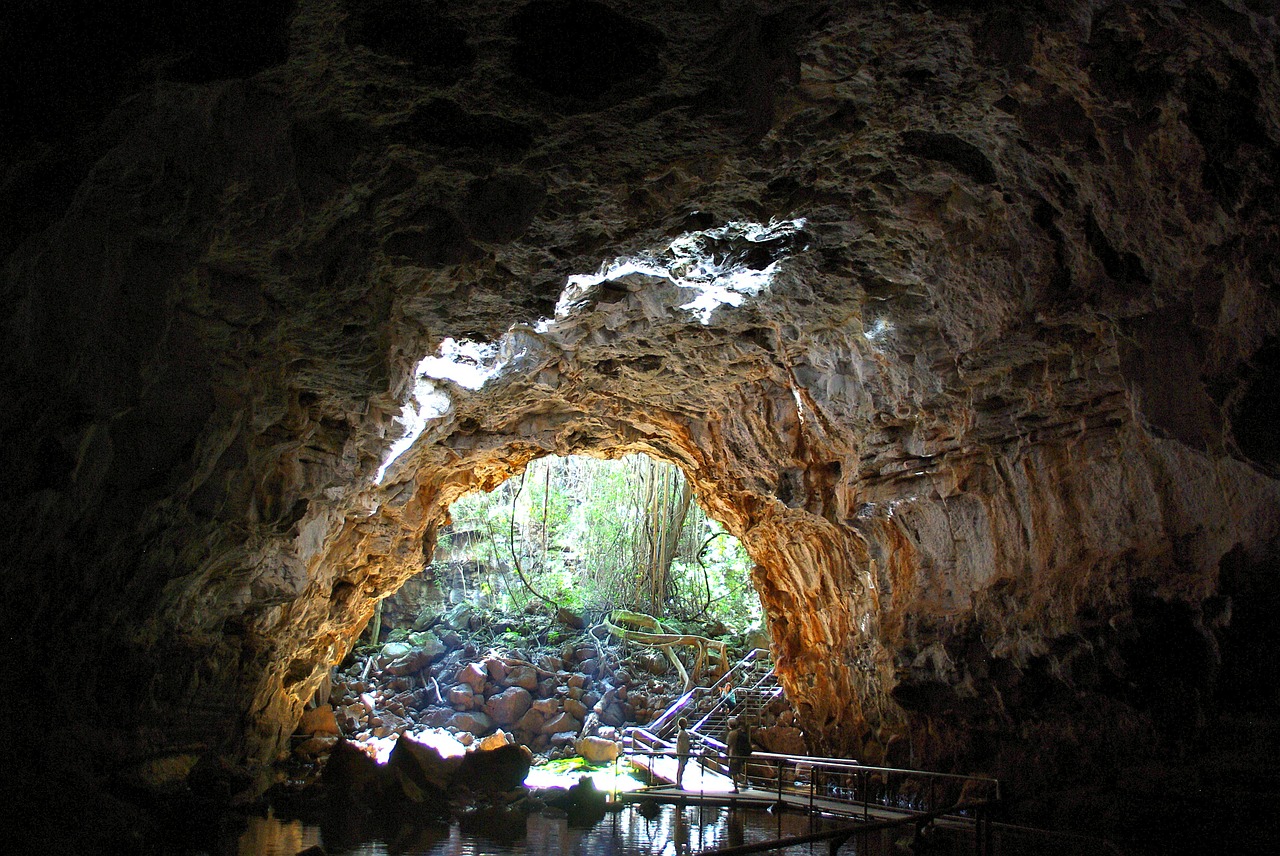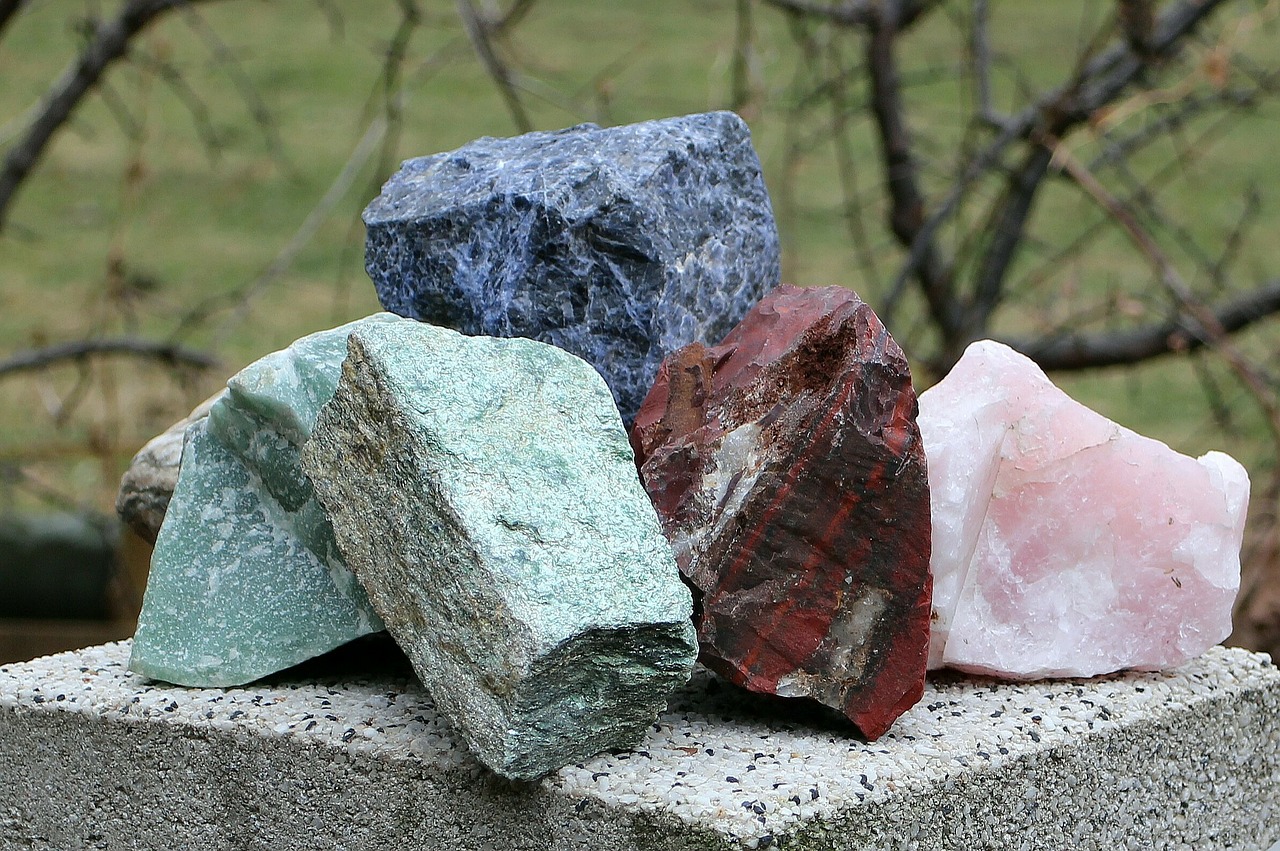Mineral rights refer to the legal authority to explore and produce minerals found under your land surface. While minerals are a government property in many nations, mineral rights in the United States belong to the owner of the land surface located above the minerals. These rights can be sold or leased without losing ownership of the land surface.

The Difference Between Leasing and Buying Mineral Rights
When you lease mineral rights, you enter an agreement in which the owner of the mineral rights permits you to extract the minerals for a certain period. This kind of arrangement allows the mineral owner to retain the ownership rights. You will be required to pay the owner a proportionate income share once you extract the minerals.
When you buy mineral rights, the owner of the minerals transfers the ownership to you. This allows you to transfer the rights to a third owner at your wish. Here, you are required to pay the owner of the mineral rights upfront. The ownership of the mineral rights is transferred to you once you complete the payment.
If you own oil or gas minerals, you are probably looking for a buyer or lessee. Getting someone to lease or buy your mineral rights can be an easy process if you follow the following three steps:
1. Gather Knowledge and Proof of Ownership
When deciding to sell or lease your mineral rights, you need to know the implications. Determine the effect of the mineral extraction on your usage of the land surface. Mineral drilling may deprive your land surface of water either temporarily or permanently. You also need to understand the laws that govern mineral extraction in your state.
Additionally, you must prove to the potential buyer or lessee that you own the rights. To do this, you are required to have documents of ownership. In the United States, mineral rights can be severed. This means you can transfer the ownership of the minerals to the buyer but retain your land surface rights. You need to be sure that the previous owner of your property did not sell the mineral rights. You can do this by obtaining a mineral title opinion.
2. Negotiate With the Buyer or Lessee
Start by understanding him. Find out if he is a broker, a middleman, or a representative of a mining company. It may be more profitable to sell or lease your mineral rights directly to a mining company. Middlemen may want to acquire the property at a lower price and sell it at a profit.
To ensure you get a good deal, you may have to hire an attorney with expertise in mineral property. A mineral rights attorney will help you to understand the terms and conditions of the sale or lease. He will also ensure that your rights are safeguarded during the negotiations.
3. Close the Deal
To close the sale or lease, you may need to do some things. They include:
- Reviewing the lease or sale agreement
- Signing the agreement
- Receiving payment in case you are selling your mineral rights


